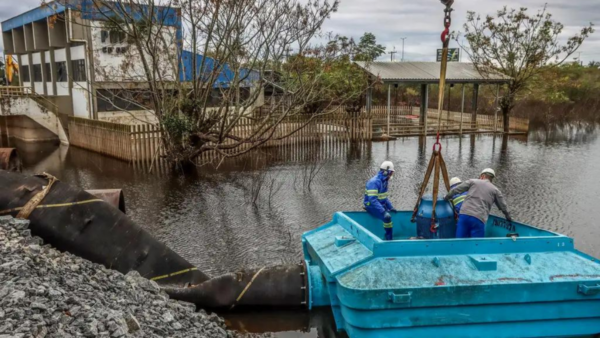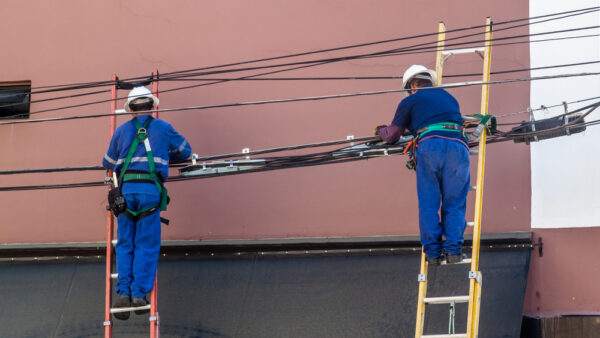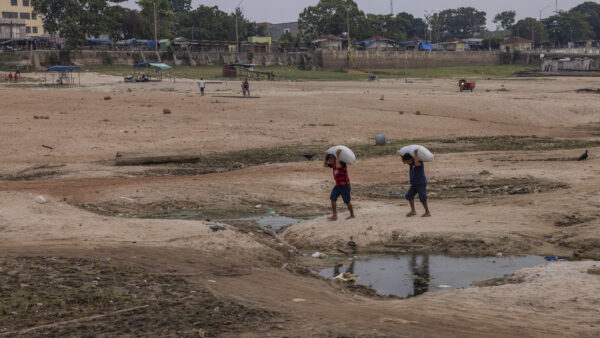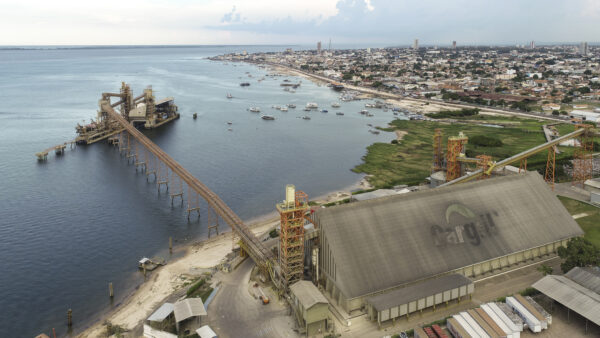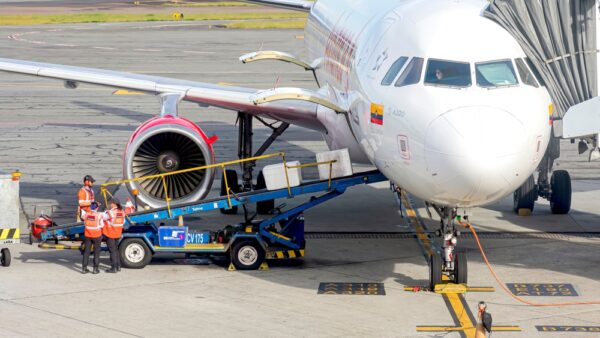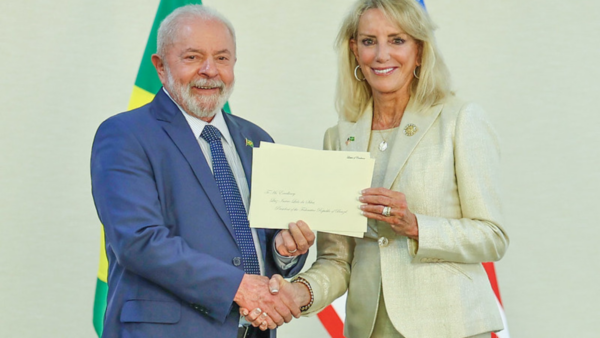Haiti is a nation that was literally born in debt.
Its enslaved people and revolutionaries took the motto of liberty, freedom, and fraternity to an extent that seemed unthinkable even to the French that coined it, and kicked out European colonial troops in 1804 to become the first country to abolish slavery in the Americas.
The colonizers were clearly not happy about the outcome. Two decades later, France was still lobbying other superpowers to disavow Haiti’s independence, blocking trade and opportunities for a newborn nation that had shown massive courage but was now falling into ruin.
Eventually, Haiti had to budge, as fear of permanent isolation was seen as too big of a risk for a country that needed rebuilding from scratch. The first free black republic traded French diplomatic recognition for massive economic reparations, which their former colonizers demanded in exchange for their lost property.
Haiti was forced to spend a veritable fortune to be accepted into the international community. President Jean-Pierre Boyer signed an agreement with King Charles X of France, stating that Haiti would have to pay the French 150 million francs in compensation (equivalent to USD 1.5 billion today), with a series of tax benefits on top, in exchange for a diplomatic credential and free maritime passage.
According to the French, that amount was the cost of lands, slaves, and revenue that former colonists had lost during the revolution in which Haiti emerged victorious.
“Newspaper articles from the period reveal that the French king knew the Haitian government was hardly capable of making these payments, as the total...


 Search
Search


